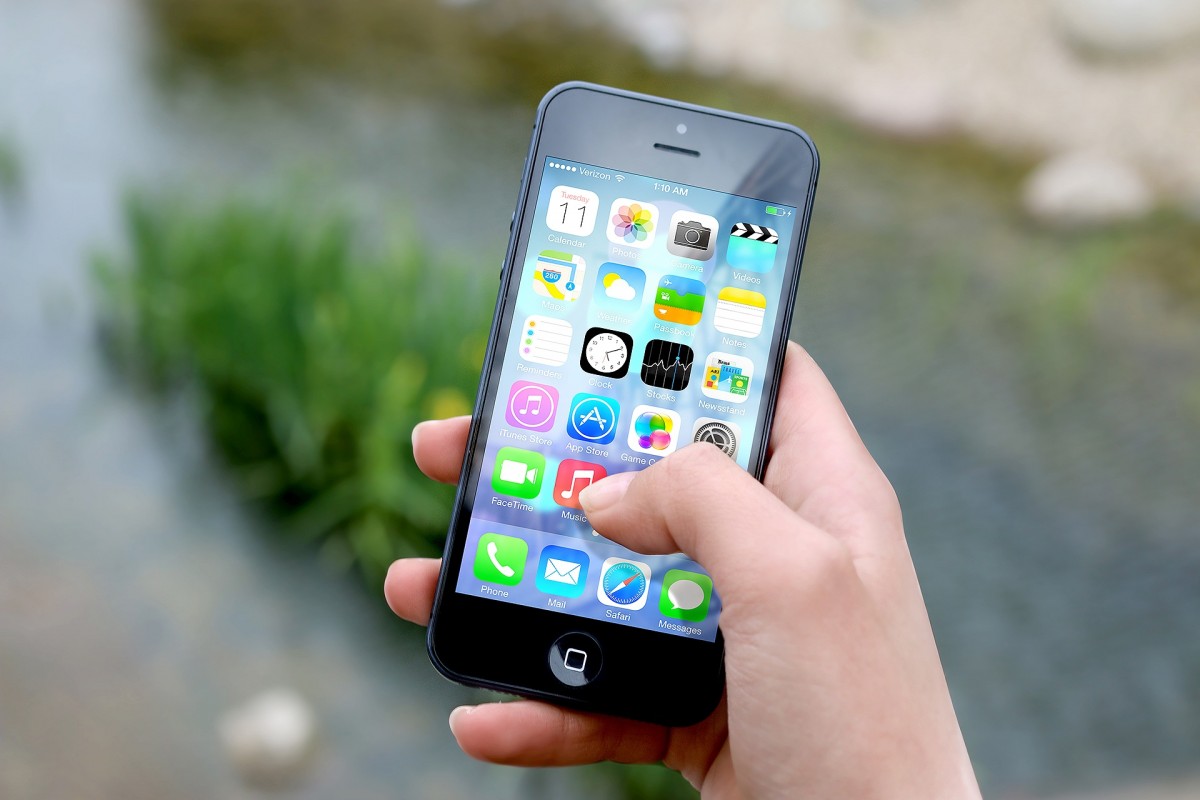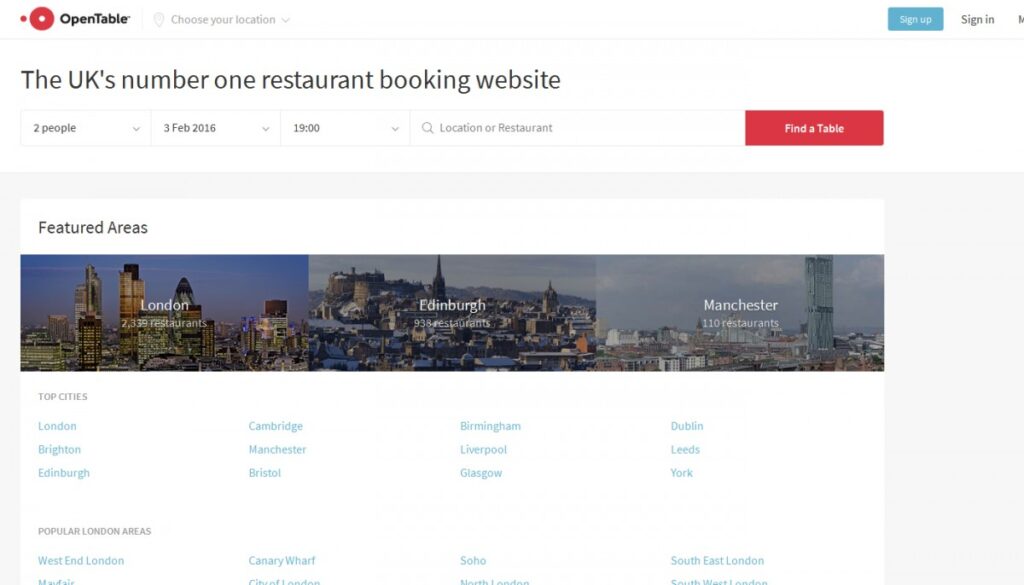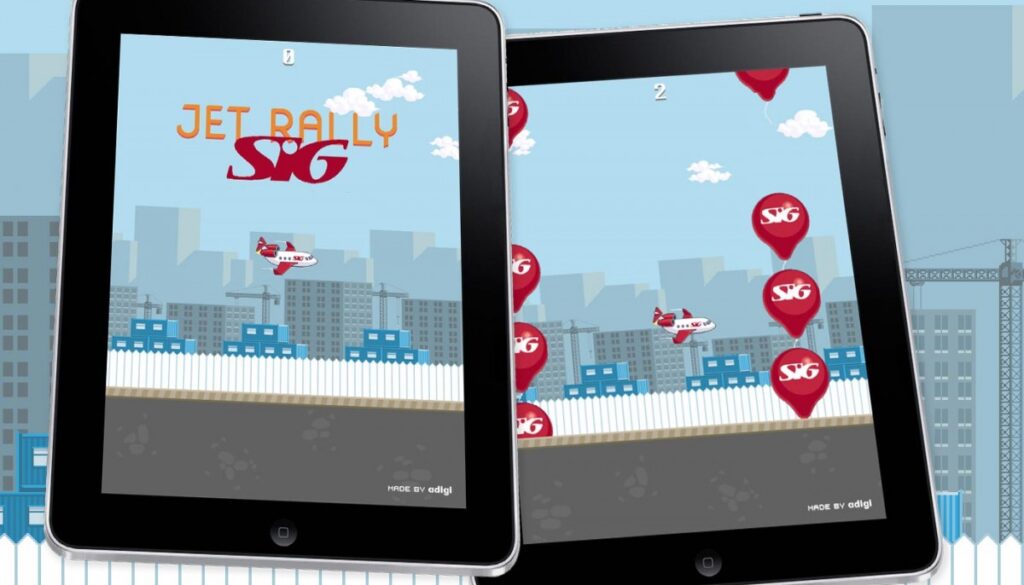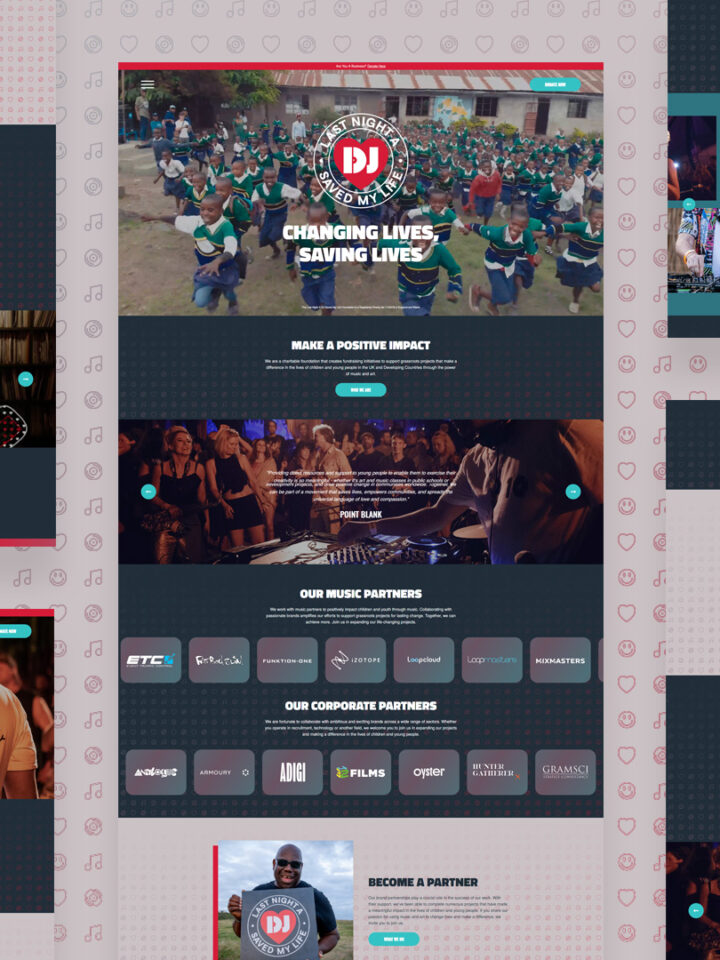No longer is it just big brands such as Asos and Amazon that are creating apps for their companies, more and more small and medium sized businesses are now creating apps to showcase their products and services. Mobileinsurance.com revealed the average person spends 90 minutes a day on their mobile phone. To put that into perspective- that’s 23 days a year, and 3.9 years of the average persons life. 24% of this time is spend browsing on the web- this figure is closely followed by the amount of time spent on apps.
Most companies now recognise how important having a responsive website is for building brand awareness, an app can further this and take it to the next level- here are the top 5 advantages to building an app for your company.
1.A direct marketing channel to your audience
Especially when you factor in push notifications, apps are a way to have a direct interaction with your audience in an unfiltered way- they might miss a promotional Tweet or Instagram post, however this won’t be the case with an alert to their phone including a discount/ promotion or a news piece- they’re guaranteed to see it. An app is a constant on their phone screen home page and therefore there is an increased likelihood they will use it more, the key is brand recognition to increase loyalty; if they’re always seeing your icon on their screen, it will build up loyalty- especially if you’re sending them discounts!
2. Be accessible
Sometimes, brands are huge fans of smoke and mirrors, and trying to get in touch with them with an enquiry is harder than anything else which leads to abandonment of the idea- you’ll order somewhere else. Having a company a fingertip swipe away is arguably one of the main attractions of having an app; perhaps in your app you could include a ‘can we help?’ feature. OpenTable has become a well known app, where the consumer can book a table by choosing their location, read reviews from other diners and see photos and description of the food available whilst viewing if here are any discounts available. People don’t want to pick up the phone and call one restaurant- they want every restaurant in the area at their disposal to choose between and then choose and book a table within a few steps.
3. Make people want to download your app- it must have value to them!
We’ve all had that dreaded moment when your phone tells you it’s run out of storage. You’ll know, then, how the apps that hold no real value are the first ones deleted- you need to make yours stand out and be valuable to that individual. A loyalty scheme on the app instead of the usual cards are useful as it means they will more than likely always have it on them and be able to collect the points- make the points mean something so that they’re wanting to collect them. By doing this, you’re building customer loyalty, which is one of the most important parts of sales; new markets can be hard to find- those you have already engaged with your brand and like your products are already half way there to a repeat sale!
4. In- app purchases for small-ticket items are more convenient for users
If you can keep their details saved on their account on the app, they could purchase items through the app in quick transactions which make the experience easier for the consumer- if they can checkout in a few clicks, the time between picking the item and completing checkout is as short as possible and so the likelihood of them abandoning their basket is as low as possible. Shopping apps such as Asos do this- they let you use touch ID to verify your purchase, then click what delivery option you want, and then with one more click, your item is on its way to you! Customers love the ease of purchase, and with 3 taps on your mobile you can get your item delivered to your door the next day; it couldn’t be easier, and this will boost loyalty to your brand.
5. Find out your market
Ask the people that use your website what they would like to see from an app- is there something missing or inaccessible on your web page that could be addressed on your app? Could you have a more interactive system on your app? If your website isn’t responsive for example, it might be hard for a user on an iOS device to fill out a contact form; they’d have to zoom in, enter their details and zoom back out to find the next information box- an app with a intentioned contact page would have a clearer, better designed format to do this by. We built an app for SIG, who are the UK’s leading supplier of building supplies and materials, they deliver day in, day out, to building sites nationally. They wanted to engage more with their customers, and so we developed a game that would enable some healthy competition for the chance to win a prize. With a leader board that was visible to all via the supplementary micro site and promoted on social media, the app saw large numbers of users trying to win the prize, and boosting the brands awareness.
If you’re looking into creating an app for your business, or have any questions, get in touch! We’d love to brainstorm ideas with you!







